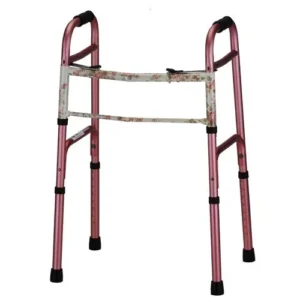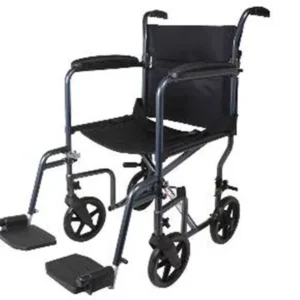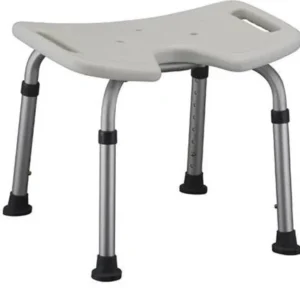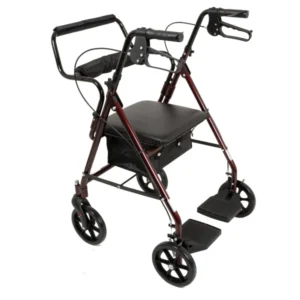The Benefits of Resistance Training for Seniors Who Are Housebound
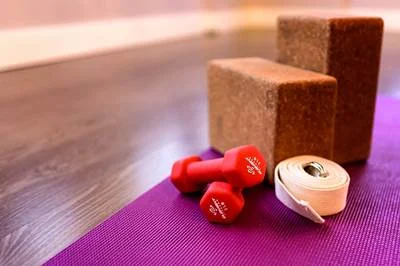
- February 15, 2024
There are many benefits of resistance training for seniors who can’t get out the house. Resistance training can help older people build up strength and bone mass which can help prevent injury. This is especially important for housebound elderly people as they may become frail and weak if they can’t exercise.
In this article, you will find out many reasons to encourage a housebound person you care for to do resistance training.
What is resistance training?
Resistance training involves using some kind of resistance to create contractions in muscles. As the muscles work harder, tiny microscopic tears form that quickly heal. Over time, this increases strength and muscle mass.
The benefits of resistance training
The benefits of resistance training have been well-documented. For example, according to the journal Current Sports Medicine Reports , adults who don’t exercise generally lose up to 8% of muscle mass every decade. However, regular resistance training can increase lean muscle weight, reduce body fat, and also improve metabolism.
Some of the ways that resistance training can benefit an individual include:
- Improved movement control
- Faster walking speed
- Boosts cognitive abilities
- Gives more independence
- Improves insulin resistance
Can resistance training actually benefit older people taking into consideration that they may be housebound?
How resistance training benefits seniors
Resistance training benefits seniors the same way as it benefits younger adults. The journal Sports Medicine reported that resistance training in the over 60s can help offset many age-related health problems. Older adults who do resistance training have better muscle tone, more active cognitive abilities, and less muscle atrophy than seniors who are inactive.
How to get started with resistance training for seniors
When helping housebound seniors get the benefit of resistance training, it’s important to provide proper supervision and have any necessary medical equipment.
How can you get the elderly person in care to start resistance training? Here are some helpful ideas:
- Speak to their doctor about any underlying health concerns and a physical examination if necessary.
- Arrange for a professional trainer to call at the home to develop a resistance training program.
- Provide adequate supervision for the senior person, especially at the start.
- Always start slow and stop immediately if there is any pain.
- Warm up and cool down before and after each exercise session.
Sources:
1. Curr Sports Med Rep. 2012 Jul-Aug;11(4):209-16.
2. Sports Med. 2004;34(5):329-48.
2. Sports Med. 2004;34(5):329-48.


